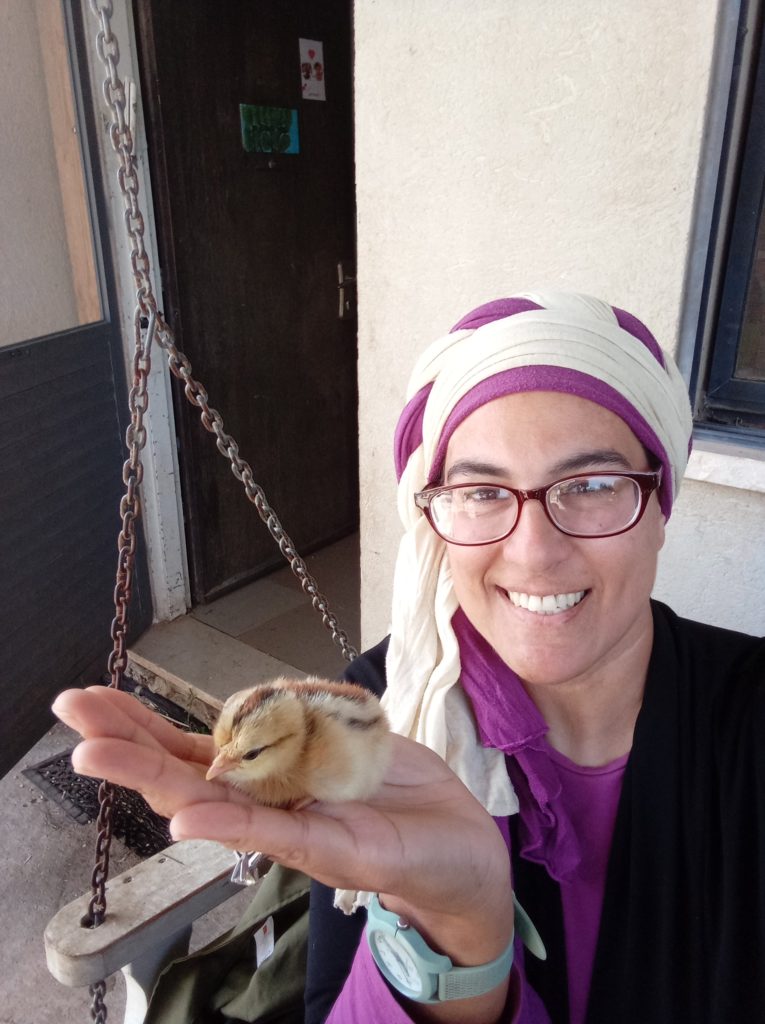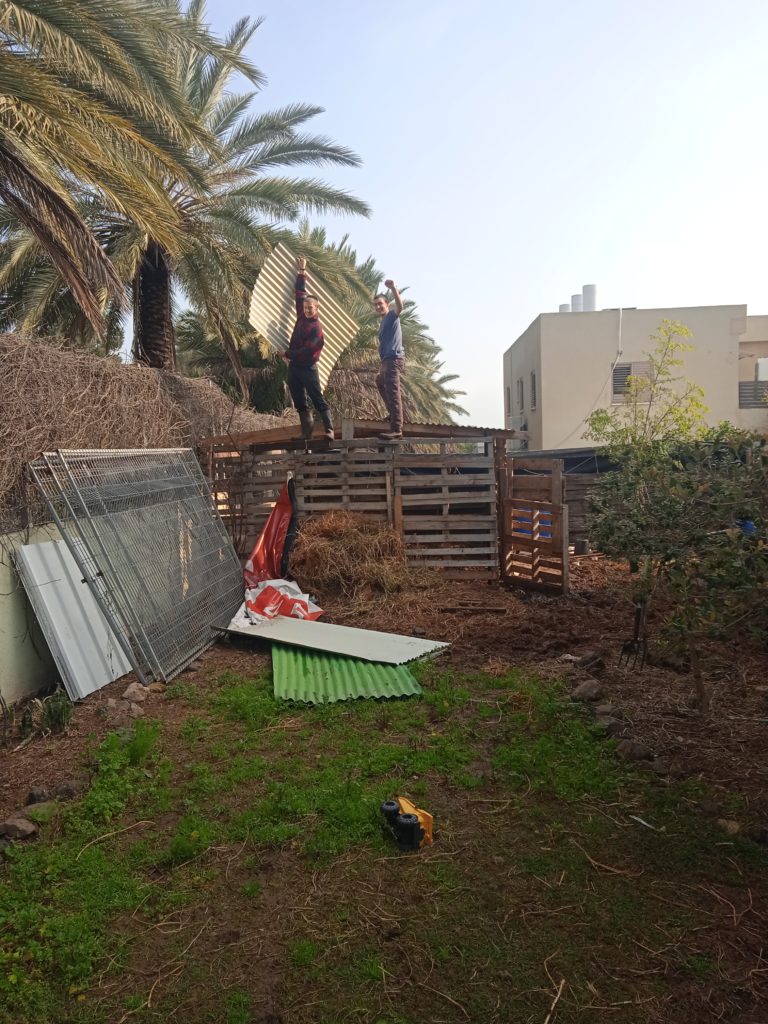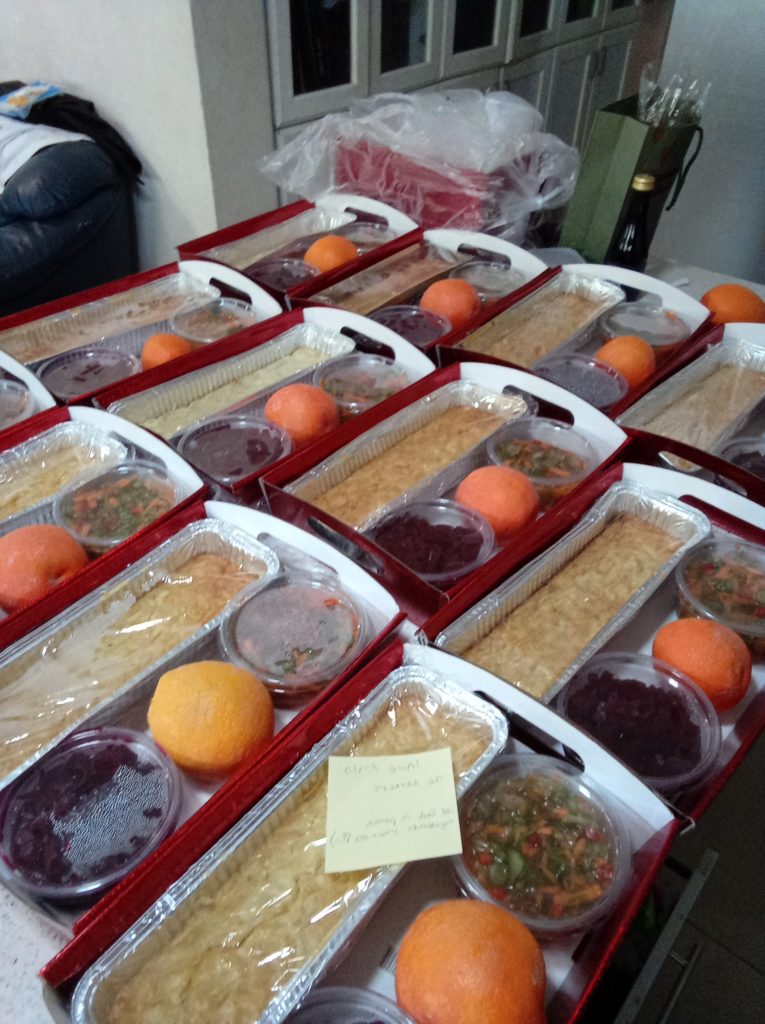When the twins came eleven months ago, they had absolutely no ability to moderate themselves in any way.
Emotionally, if something upset them there was an immediate outburst. Dd6 went from beaming with happiness to throwing herself on the floor and screaming in an instant; there was no buildup or warning. Ds5 would rage and throw things or hit/kick someone or something. They lashed out or had an emotional outburst about anything that bothered them, which was most of the time. They verbally picked at one another and fought constantly.
The lack of regulation wasn’t only seen when they were upset. When they weren’t supervised, even for a moment or two, their expressions of impulsivity left me wondering, “What in the world were they thinking?”
There were endless instances – literally all day long, and I could never predict what they would do because there was nothing in their brains that told them to pause and consider the consequences. Their behavior was like a very young toddler but they had the physical capacity to get into things that a young child doesn’t have. I’ll give examples but these aren’t necessarily the worst or most difficult, just what comes to mind.
In the beginning I took them on an outing twice a day and would start each day by going somewhere with them. One morning I told them we were going to the park and they jumped with joy. Everyone was dressed, except ds6 didn’t yet have shoes on. Every night I put his shoes in the same place, and knowing he could easily find them, I told him to go put his shoes on. He went into his room, and emerged a few minutes later – without shoes and without a stitch of clothing on his body.
He pooped in the yard daily, no matter how many times I told him to use the bathroom. He even pooped in the pool – we emptied out all the water and I explained we were doing that because when he pooped in it, it made it dirty and we want the pool to be clean for them to swim in. I explained that a number of times that morning (he used to ask the same questions again and again and again). While we were refilling the pool, my husband agreed that they could stand in the pool. As I was sitting there watching them, ds pulled down his pants and began to poop in the pool!
Coloring/smearing poop on walls, making holes in walls/pool/trampoline net, cutting down fruit trees, breaking toys, ripping books, emptying full bottles of shampoo down the drain when they went to the bathroom – we had thousands of shekels of damage. It happened very quickly and within just a minute or two of not watching them. They took out anything from anywhere, no matter how high a shelf it was stored on. I could never guess what would happen next because there was no rhyme or reason that I could see. Whatever impulse came to mind is what they did. It wasn’t purposeful malice – there was simply no ‘stop/pause/consider’ process present in their brains.
While we’ve seen huge improvements in this area, the twins are both still impulsive. Just yesterday I went into their bathroom and saw a bath towel stuffed in the toilet. When I took it out, there was a cereal bowl and a crushed mini aluminum pan underneath. Why? Because someone in that moment felt like doing that.
The evening before, I called them in from play for dinner – “Everyone come inside and sit down at the table!” They came running in, bypassing the living room to go directly to dd’s room, climbed up the bunkbed where I had a short time before put a pile of clean laundry, and approximately ninety seconds after I told them to come in to eat, I went into their room and found them gleefully flinging the clean clothes all over the floor.
I can’t put into words the intensity of living with highly dysregulated children. It was physically and emotionally exhausting, and daily I felt challenged in a way that I hadn’t been stretched before. That’s one part of the unseen backdrop to the last eleven months.
—————————–
I’m rereading a great book called Dirt to Soil, by Gabe Brown; it’s a fascinating read about a man who completely shifted his way of thinking about farming from the conventional poison-the-dirt approach to a regenerative approach of healing the planet. He quotes a speaker at a conference who said something like, “If you want small changes, change what you do. If you want big changes, change the way you think.”
This statement deeply resonated with me because this is true of so many things, certainly parenting. When you shift the way you think about your children, you see significant qualitative changes. The way you think about what you see and interpret it is critical. If your bottom line belief is that your child is always doing the best he can and you view their misdeeds with compassion and even curiosity, you’re going to respond very differently than if you view them in a negative way.
I’ve talked before about the importance of moderating your own emotions, but I have to state it again because this is the most important thing you can do as a parent before any other response.
There are many times a child has done something annoying (see above and then imagine that every single day, throughout the day) and my first thought is to correct them. And often I do and that’s appropriate. But sometimes I pause and ask them – not demandingly, but with genuine interest – why did they do that? Sometimes there’s impulsiveness as described above, but sometimes it becomes clear the child has a good intention to do the right thing but the results look like a problem.
For example, I saw a large pile of things on the floor in the hallway – ie a big mess – and there was water all over the floor. I went into dd’s room to see what was happening. She told me she and ds11 were cleaning for Pesach – so they had taken a lot of things out from where they were supposed to be and swept them into a pile outside of her room, and now were washing the floor. If I were to get annoyed, think how badly the child would feel – it’s a terrible feeling to be trying to help and do something good, and then have someone be angry or disappointed with you. I was able to thank them and be appreciative, and then let them know what we do with items like those, and show them how to finish cleaning the floor.
Ds6 exhibits a lot of aggressive behavior when I pick him up from kindergarten; I’ve learned he needs time to decompress before he can interact appropriately with anyone. Sure enough, a short time after arriving home dd6 started screaming because he spoke to her in an unpleasant way. I looked at him and thought with compassion about how hard it is for him to be surrounded all day by kids who struggle with emotional regulation.
He was sitting on the couch looking defiant so I went to sit next to him. He glanced at me warily, knowing he just said something inappropriate. I looked at him kindly, put my arm around him and gave him a big side hug without saying anything else. His hostility instantly melted; he immediately looked at dd and said sincerely, “I’m sorry”. I wasn’t trying to get him to apologize. I wasn’t trying to get any result, other than for him to know he was seen and loved as he was in that moment.
That’s not my response in the majority of situations. Usually I would take his hand and look into his eyes and say, something like, “How do you think it makes dd feel when you speak to her in that way? Is there a different way you could tell her how you feel? What could you do now to make the situation right?” I use the incidents as an opportunity to replay the situation and model how to appropriately communicate.
When I’m feeling irritated and annoyed, nothing positive or helpful is going to come out of my mouth; at the best it will be neutral and that’s what I strive for in moments that I’m feeling out of sorts – and that’s an accomplishment when so many negative things could be said in a moment of frustration. However, I know that when I think about my child kindly, it instantly changes what I see and what I say to a higher level interaction, so I’m constantly striving to increase my compassionate view of our children.
Avivah














